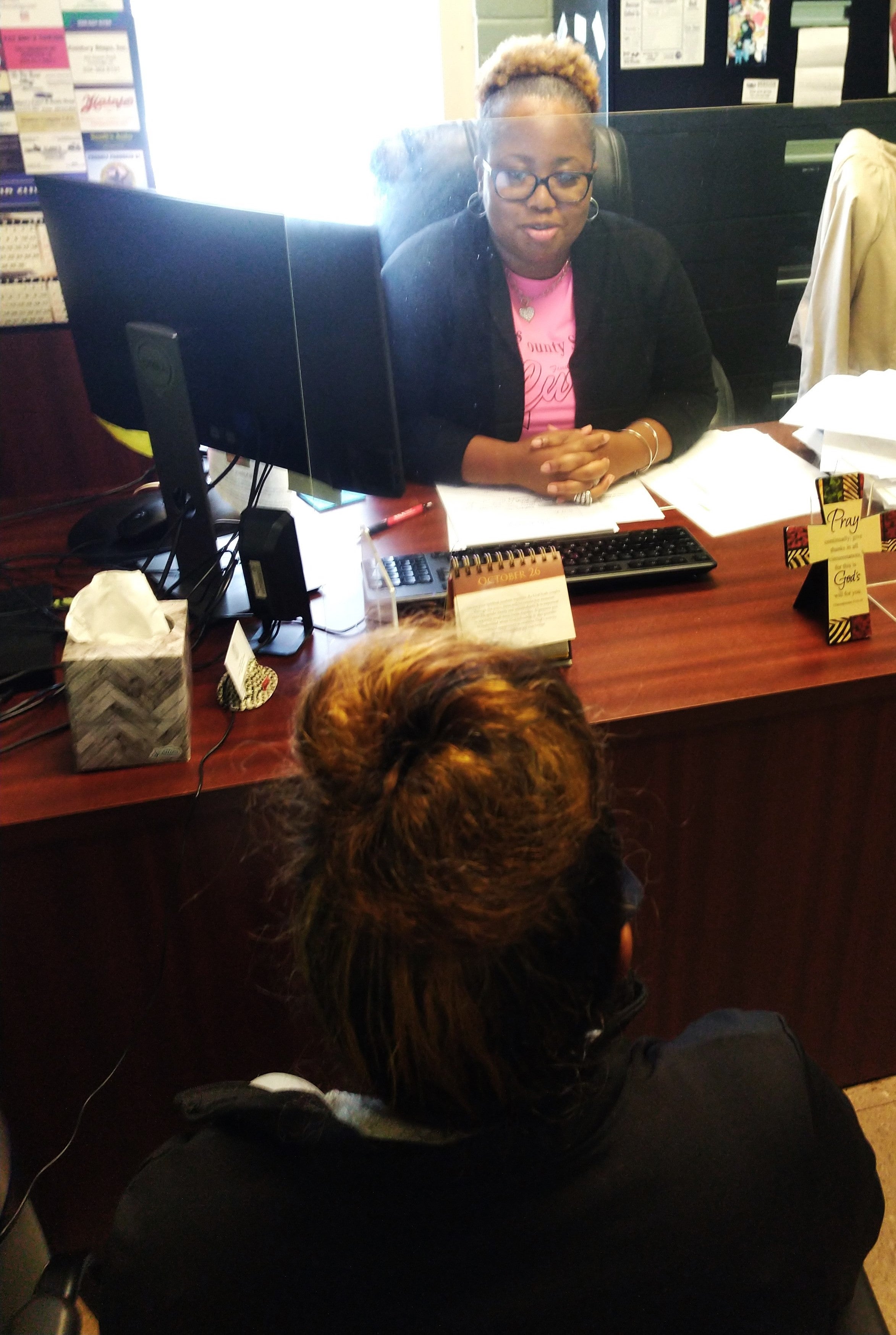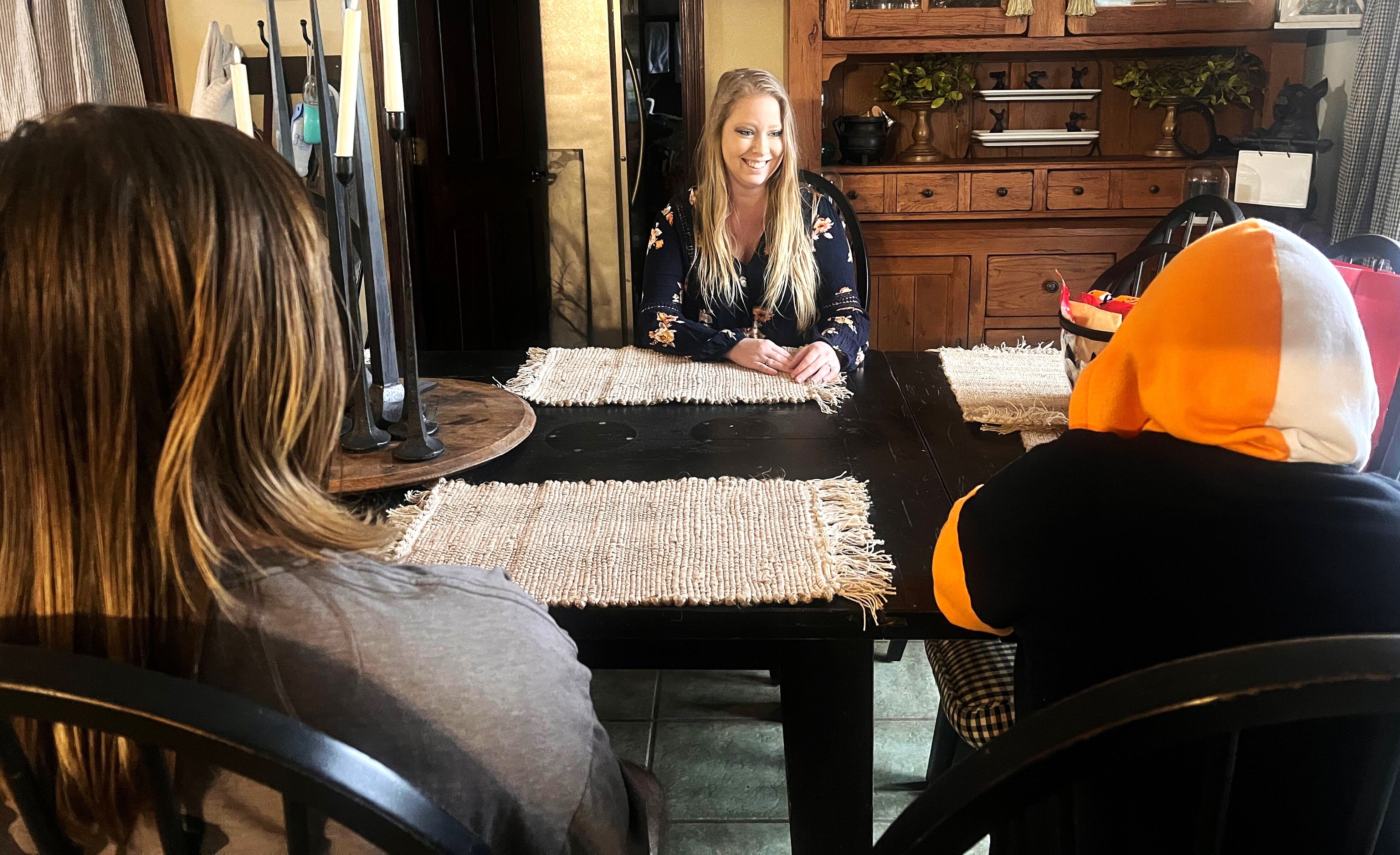AMI Kids equips Lowndes youth and families to overcome barriers toward more positive future
Published 2:53 pm Wednesday, November 2, 2022
|
Getting your Trinity Audio player ready...
|
The national nonprofit AMI Kids recognizes there is potential born into every child, even the troubled ones.
Since 2018, this knowledge has formed the “why” inspiring AMI counselors to help kids involved with eight Alabama juvenile courts, including those in Lowndes, Butler, and Crenshaw counties.
“As someone who went through a lot in my teenage years and didn’t really get a lot of support and help, I really love working with youth,” said Carli Brisco, a Functional Family Therapist who works with Lowndes County youth. “I love trying to help them understand there is a future. There is hope. There is so much more of life left to live and they get to define what that looks like.”
According to regional director and licensed clinical social worker, Korah Skuce, AMI offers comprehensive services nationwide, from preventative to residential programs.
AMI partners with the Alabama Department of Youth Services to offer family services like Functional Family Therapy, a nationally recognized, family- and community-based model designed to reduce recidivism rates and provide a return on the community’s investment.
The interconnected approach serves both the youth and their families, Skuce noted.
“The entire family is involved in every session,” she described. “We work with the family members to address the family. dynamics that may be impacting poor decision making and or delinquent behaviors.”
AMI counselors identify creative and individualized ways to connect with and motivate families, teaching them skills needed to manage their own crises, problem solve, and communicate more effectively.
Lowndes County’s Chief Juvenile Probation Officer Keisha Lee encounters youth impacted by broken homes, substance abuse, and criminal charges.
Lee often refers these youth to AMI, along with others who are what’s called a CHINS case — a child in need of supervision.
“They could be facing issues in the home, truancy, or be runaways,” Lee said. “Because of what’s happening at home, they smoke marijuana or use other drugs. They drink alcohol, they steal, and (they) terrorize people and animals because they aren’t getting attention, affection, and love at home.”
Brisco works with youth who sometimes haven’t experienced unconditional support before, she explained.
“Having a neutral third party who really cares about the youth and the family makes a difference,” she said. “We want to support them and see them succeed so we remind them we are here because we want to be here.”
In 2020, 76% of families referred to AMI completed FFT. Of those, 77% remained crime free a year later.
“By utilizing FFT, there’s less reliance on state emergency services like 911, law enforcement, psychiatric hospitals, and detention centers,” Skuce explained. “Youth and families that complete the FFT model show improvement in academic attendance and graduation rates. We get reduction of out of home placements, substance use, and mental health symptoms, and so [we see] less re-offenses once [youths] complete the program.”
For more than 50 years, counselors have helped more than 150,000 kids overcome barriers. AMI and court officials work together as advocates for youth and their families, connecting families with resources that meet tangible needs and guiding families toward a more positive future.
“A lot of children we have come from broken homes,” Lee reflected. “I’ve had kids and parents who say that it really helped bridge that gap between them.”
“We really care about the youth and their families,” Brisco added. “We try to show that in any way we can.”
To learn about available youth services or become a community partner, contact the Lowndes County Juvenile Court at (334) 548-2591 or AMI Kids at (334) 312-2302 or visit amikids.org.







